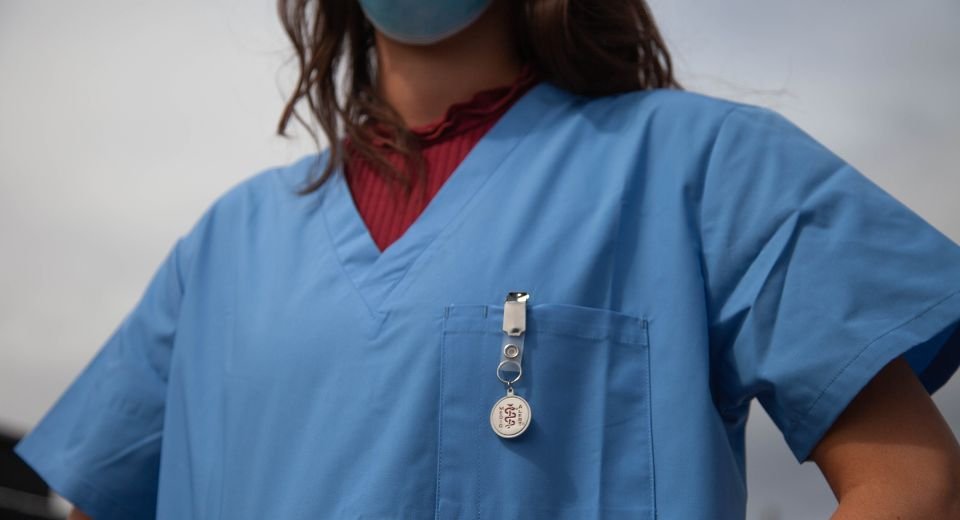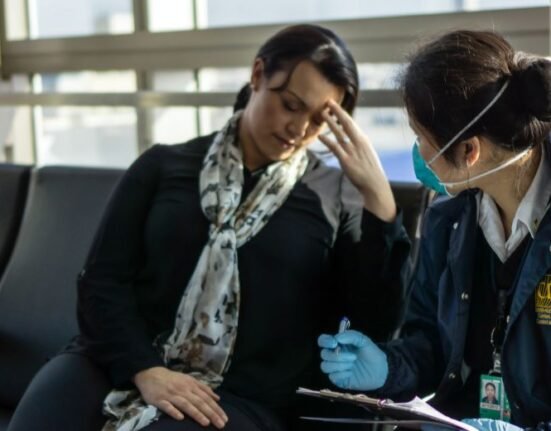HQ Team
January 6, 2023: More than 700,000 nurses in the UK’s National Health Service (NHS) will go on strike this month following a dispute with the government over salaries.
Trade unions representing NHS staff are questioning the government over the 2022/23 pay award. A number of the unions have balloted their NHS members to participate in industrial action, the first-ever in its 106-year-old history.
The Royal College of Nursing members is striking on January 18 and 19, members of the ambulance services GMB and UNISON on January 11, and members of UNISON on January 23.
The nurses are paid according to bandings which range from five to nine. Newly qualified registered nurses start at 5; the most qualified and experienced nursing consultants and specialists can climb to the uppermost pay band 9.
The current starting salary for a band five nurse is £27,055. With 2-4 years of experience, a band 5 Nurse will earn at the top £32,934. Band nine roles start at £95,135 and rise to more than £109,475 a year with five years or more experience.
Second-largest single-payer
National Health Service is the publicly-funded healthcare system in England and one of the UK’s four National Health Service systems.
It is the world’s second-largest single-payer healthcare system after the Brazilian Sistema Único de Saúde.
The unions are demanding raising nursing professional salaries by 5% above current inflation, which is at 9.3%.
They argue that the cost of living crisis has exacerbated lower salaries. Other demands include valuing the training, qualifications, skills, responsibilities and experience nurses demonstrate daily.
According to the unions, the government must ensure that nursing is seen as an attractive, rewarding profession to tackle the tens of thousands of unfilled nursing posts.
There are 704,520 Nurses on the permanent NMC register in the UK as of March 2022, a 3.37% increase in registered nurses year-on-year in 2022, according to the government.
Midwives
There are other groups of NHS workers, with midwives announcing they have not reached the required threshold. Physiotherapists have told their members to support industrial action, but have yet to announce what action they will take.
The planned strike is expected to affect 44 trusts, nine ambulance trusts and a further eight on January 23.
NHS England has also discussed nationally with unions what services will continue – derogated from industrial action – across the country.
As a result of these talks, the Royal College of Nursing has agreed that chemotherapy, dialysis, critical care units, neonatal, pediatric intensive care and pediatric A&Es will be exempt from strike action.
The strike comes at a time when there is a massive shortage of hospital beds across the UK.
EC system crisis
“The Urgent and Emergency Care system is in crisis,” Dr Adrian Boyle, Vice President of The Royal College of Emergency Medicine, said.
“The situation is dire and demands meaningful action. Ultimately, widespread staffing shortages are leading to a need for more staffed beds in the system.
“Our latest report shows that 13,000 staffed beds are required in the NHS across the UK to drive actual change and meaningful improvement.”
Since 2010 the NHS has lost 25,000 beds across the UK. As a result, bed occupancy has risen, ambulance response times have grown, and A&E (accident and emergency department) waiting times have increased, Dr Boyle said.
There was also a rise in cancelled elective care operations. “In April 2022 in England, 24,000 patients were delayed by 12 hours or more (from the decision to admit to admission).
In April in Scotland, 4,000 patients faced a 12-hour wait (from arrival time). In Wales, 11,000 patients faced a 12-hour wait (from time of arrival), and in March 2022 in Northern Ireland, 8,581 patients faced a 12-hour wait (from time of arrival), according to the department.
‘Grim situation
“These numbers are grim. They should shock all health and political leaders. These numbers translate to actual patient harm and a severe patient safety crisis.
“The health service is not functioning as it should, and the UK government must take steps to prevent further deterioration in performance and drive meaningful improvement.”
The Covid-19 pandemic and a wave of influenza have made matters worse. The UK has the lowest number of hospital beds per head of population in Europe after Sweden and just one-third of Germany.
Total healthcare spending in 2021 was £277 billion, and government and NHS spending accounted for most of this. The governmen thas invited union leaders for talks and it wants to balance fair ply awards for public sector workers with what the txpaper can affford, according to a statement.
“The government will introduce a bill in Parliament in the coming weeks to take the power to ensure that vital public services will have to maintain a basic function and deliver minimum safety levels during industrial action.
“Minimum safety levels will be set for fire, ambulance and rail services and the government will consult on the adequate level of coverage for these sectors, recognising that disruption to blue light services puts lives at immediate risk,” according to the statement.








